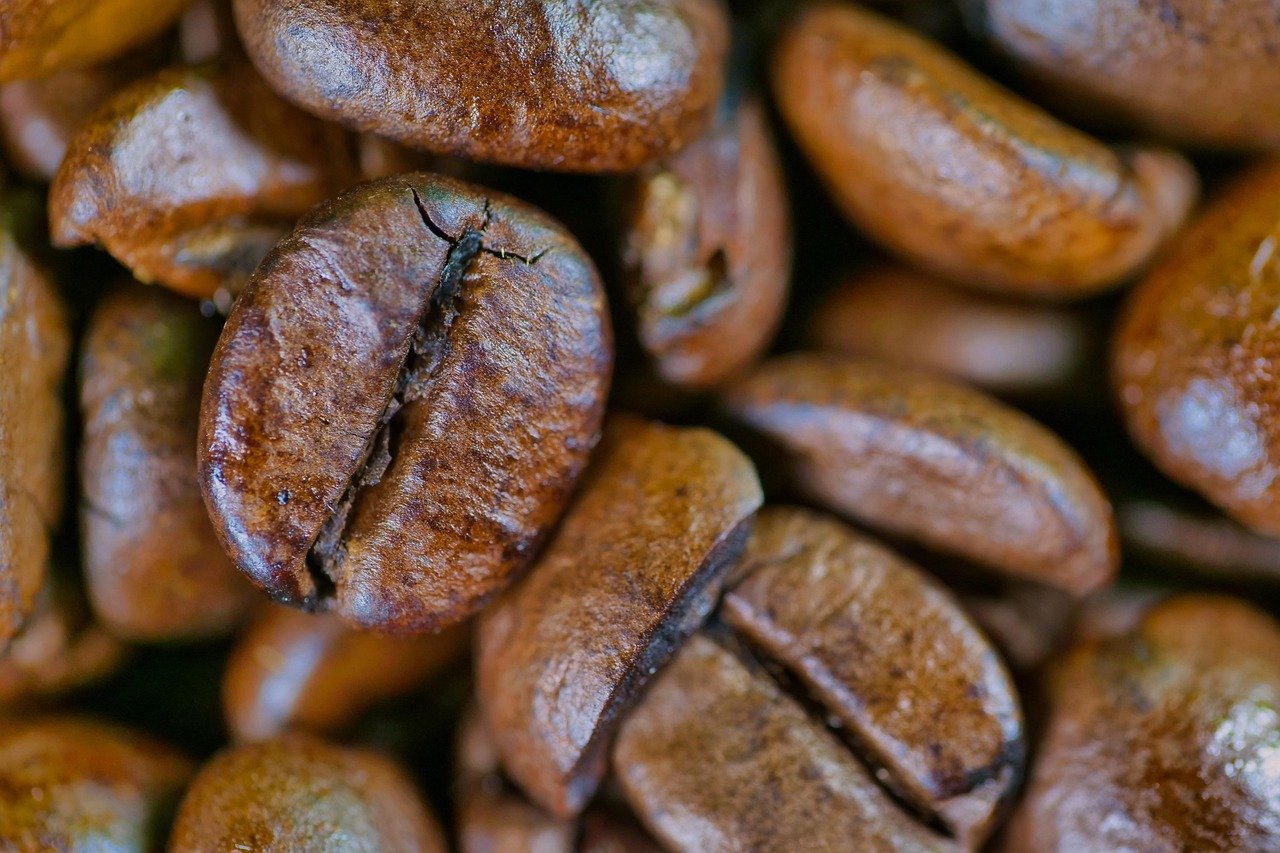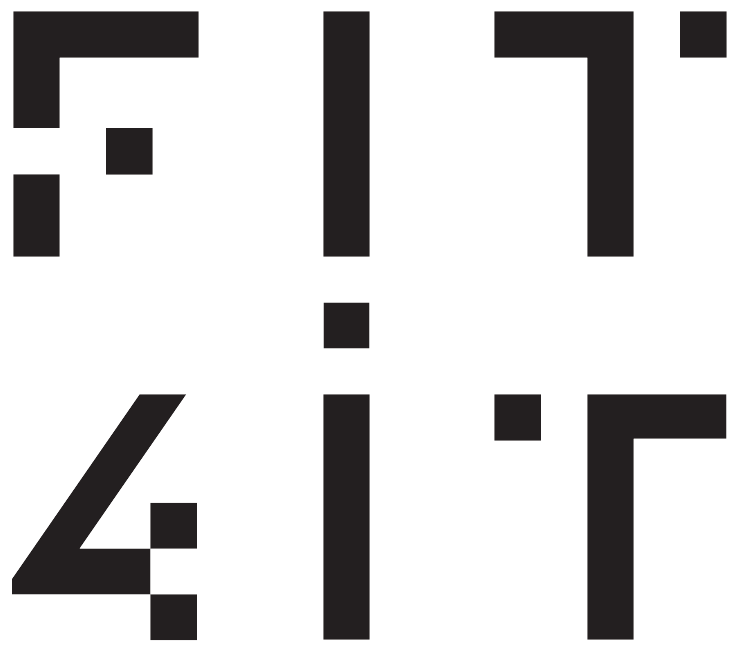If you’re a high-performing professional, caffeine probably plays a starring role in your daily routine. Maybe it’s that early morning espresso before your first call, a strong black coffee before a big meeting, or a quick energy drink before a late workout. It feels like a small ritual, but let’s be honest, there are a lot of benefits of caffeine that we all rely on.
But have you ever paused to ask: Is this habit helping me, or is it secretly working against me?
At FIT4IT, we work with professionals who continually push their limits, both physically and mentally, as well as professionally, to provide personal training assistance as well as diet plans. And for many of them, caffeine can be both a powerful ally and a sneaky saboteur, depending on how it’s used. So let’s talk about caffeine benefits: what it really does, where it helps, where it might hurt, and how to use it smarter, not harder.

Coffee can improve focus, alertness, and reaction time thanks to its caffeine content, making it a popular productivity booster.
What Is Caffeine, Really?
Caffeine is a natural stimulant found in coffee beans, tea leaves, cacao pods, and over 60 other plants. It works by blocking adenosine, a chemical that makes you feel sleepy. In doing so, it increases alertness and energy. Sounds great, right? And it is, when used well.
The Perks of Caffeine (When You Time It Right)
1. Sharper Focus
That burst of clarity you feel after your first cup? That’s caffeine enhancing brain function, improving attention, memory, and reaction time.
2. Physical Edge
Caffeine boosts performance by lowering how hard a workout feels. That’s why most pre-workouts have a hefty dose of it, it can delay fatigue and push endurance.
3. Fat Burn Boost
It can gently raise your metabolism and support fat oxidation. While it’s not magic, it’s a solid ally in a smart weight-loss strategy.
4. Happier Mood
In smaller doses, caffeine can lift your spirits by increasing dopamine, the brain’s ‘feel good’ chemical. It’s why that first sip feels oddly comforting.
5. Brain & Body Protection
Some studies suggest caffeine may reduce long-term risks of Alzheimer’s, Parkinson’s, and even some types of diabetes. But remember, it’s part of a healthy lifestyle, not a replacement for one.
When Caffeine Starts To Backfire
Like anything powerful, caffeine comes with a warning label, especially when it’s used too often or without thought.
1. Sleep Killer
Caffeine can mess with sleep quality, even if you fall asleep easily. If you’re waking up tired, your late-day latte could be the reason.
2. Stress & Anxiety Amplifier
For some people, caffeine causes jitteriness, racing thoughts, or even anxiety attacks. If that sounds familiar, you may want to cut back or adjust your dose.
3. Dependency & Crashes
If you need caffeine to function, you’re probably dealing with withdrawal in the background—headaches, irritability, and sluggish mornings.
4. Gut Issues
Some people find that caffeine upsets their stomach or triggers reflux, especially when consumed on an empty stomach.
5. Blood Pressure Spikes
It can cause temporary increases in blood pressure, which could be risky if you already have hypertension.
How To Make Coffee Work For You
You don’t have to quit caffeine. You just have to use it intentionally. Here’s how we help our FIT4IT clients make it work for them:
- Time It Smartly: Don’t consume caffeine within 6 hours of bedtime. Best window? Between 9 AM and 2 PM.
- Start Small: A single shot of espresso might be plenty. Don’t jump to triple doses unless your body genuinely needs it.
- Avoid Sugar Bombs: Fancy lattes and iced mochas often contain more sugar than caffeine. Keep it clean and simple.
- Take Breaks: If you feel numb to your regular dose, take a few caffeine-free days to reset your system.
- Support Your Energy Elsewhere: Good sleep, hydration, movement, and balanced meals will always give you more sustainable energy than caffeine alone.
Caffeine In Dubai: Ritual Meets Reality
Dubai’s café culture is thriving, and it’s easy to lose track of how much caffeine you’re consuming between client meetings and gym sessions. We often see clients drinking 4–5 cups a day without realizing it’s affecting their sleep, recovery, or mental clarity.

Excessive intake may also lead to jitters, anxiety, digestive discomfort, or dependency in sensitive individuals.
The goal isn’t to give up caffeine. It’s to master your intake so it works with your lifestyle, not against it. We’ve helped many clients cut down gradually and see massive improvements in sleep quality, energy stability, and even fat loss.
The Bottom Line: Know Your Body
Caffeine isn’t good or bad, it’s a tool. And like any tool, its impact depends on how you use it. Some people thrive with one morning cup and nothing more. Others can handle a double shot at 5 PM and sleep like a baby. What matters most is learning what *your* body responds well to, and adjusting accordingly.
At FIT4IT, we don’t believe in one-size-fits-all advice. Whether it’s training, nutrition, or lifestyle habits like caffeine, we help you find what works for you.
Further Reading & References
-
- Mayo Clinic – Caffeine: How much is too much? https://www.mayoclinic.org/healthy-lifestyle/nutrition-and-healthy-eating/expert-answers/caffeine/faq-20057965
- Cleveland Clinic – The Effects of Caffeine on Your Body https://health.clevelandclinic.org/the-effects-of-caffeine-on-your-body/
- Harvard T.H. Chan School of Public Health – Caffeine https://www.hsph.harvard.edu/nutritionsource/caffeine/
- Emirates Health Services – The Impact of Lifestyle Choices on Public Health (Arabic with English summaries) https://www.ehs.gov.ae/en/research-and-studies
Was this helpful?
Good job! Please give your positive feedback
How could we improve this post? Please Help us.







No Comments